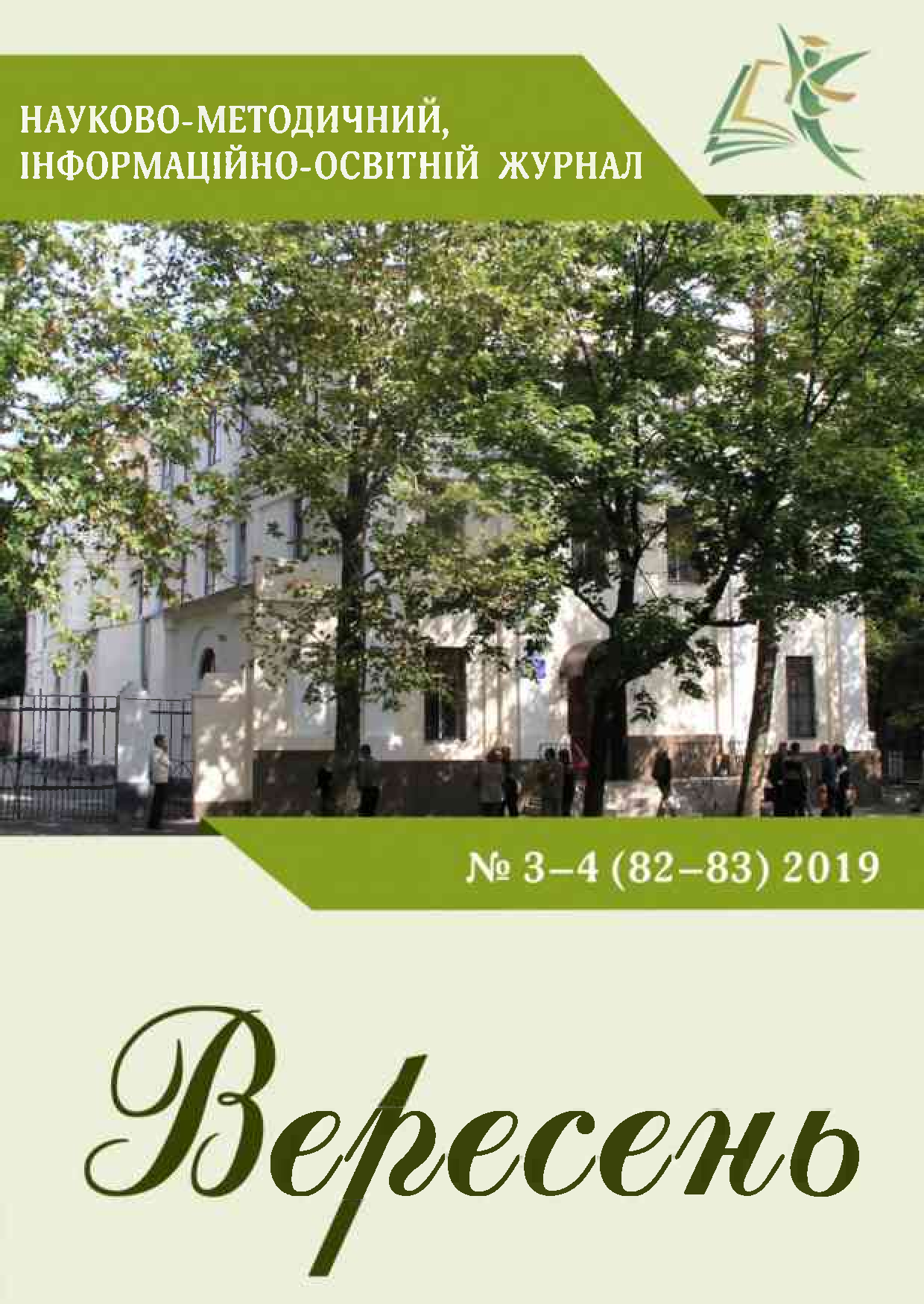HERMENEUTICIZATION OF THE COGNITIVE PROCESS AS THE METHODOLOGICAL BASIS OF SOCIAL SCIENCES
Keywords:
Keywords: hermeneutics, understanding, hermeneutic experience.Abstract
A significant change in ideas about the content and methodology of socio-humanitarian knowledge and the formation of new methodological paradigms of post-classical social studies suggests a deepening of the dialogue between philosophical epistemology and social sciences, mastering, in particular, the achievements of the hermeneutical philosophical tradition. The article discusses the basic principles of philosophical hermeneutics on the example of the works of H.-G. Gadamer in the context of the epistemological problems of the scientific discourse of modern humanities. The importance of understanding conditions in hermeneutics is shown.
The author considers it necessary to refer to the main principles of hermeneutics on the example of G.-G. Gadamer in view of the epistemological problems of contemporary social discourse.
The article points out that hermeneutics for Gadamer is first and foremost a practice that is implemented as an activity for understanding some texts. In general, hermeneutics, as a special method of humanitarian knowledge, turns to historical, aesthetic, linguistic studies, which is where it produces positive results.
For the hermeneutical method, it is important to find out the difference between natural science and humanitarian knowledge, as well as whether the methods of the natural sciences can be applied to humanitarian knowledge, or whether this knowledge relies on excellent methods. It should be emphasized that hermeneutics, as a method, aims at the uniqueness and uniqueness of research subjects, unlike the natural sciences, whose focus is on the universal.
References
Antonovskij A. Ju. (2015). Kommunikativnaja filosofija znanija: ot teorii kommunikativnyh media k social'noj filosofii nauki [Communicative philosophy of knowledge: from the theory of communicative media to the social philosophy of science]. M.: IF RAN, 168 (rus).
Bystrickij, E. K. (1986). Nauchnoe poznanie i problema ponimanija [Scientific knowledge and the problem of understanding]. K.: Naukova dumka, 136 (rus).
Vasil'ev, S. A. (1988). Sintez smysla pri sozdanii i ponimanii teksta [Synthesis of meaning in the creation and understanding of the text]. K.: Naukova dumka, 240 (rus).
Gadamer, G.-G. (1991). Aktual'nost' prekrasnogo. Per. s nem. [The relevance of the beautiful. Trans. from Germ.]. M.: Iskusstvo, 367 (rus).
Gadamer, Gh.-G. (2000). Istyna i metod. Per. z nim. [Truth and Method. Trans. from Germ]. K.: Junivers, 464 (ukr).
Kravchenko O. M. (2003). Ghermenevtyka kosmofizyky [Hermeneutics of cosmophysics]. Ljudyna i kuljtura v umovakh ghlobalizaciji. Zbirnyk naukovykh statej. K.: PARAPAN, 268–282 (ukr).
Krymsjkyj S. (2003). Zapyty filosofsjkykh smysliv [Inquiries of philosophical meanings]. K.: Parapan, 240 (ukr).
Krymskij S. B. (1993). Jepistemologija kul'tury: vvedenie v obobshhennuju teoriju poznanija [Epistemology of culture: introduction to the generalized theory of knowledge]. K.: Naukova dumka, 216 (rus).
Krymskij S. B. (1974). Nauchnoe znanie i principy ego transformacii [Scientific knowledge and the principles of its transformation]. K.: Nauk. dumka, 206 (rus).
Mikeshina, L. A. (2010). Dialog kognitivnyh praktik. Iz istorii jepistemologii i filosofii nauki [The dialogue of cognitive practices. From the History of Epistemology and Philosophy of Science]. M.: ROSSPJeN, 575 (rus).
Parahonskij B. A. (1982). Stil' myshlenija. Filosofskie aspekty analiza stilja v sfere jazyka, kul'tury i poznanija [Style of thinking. Philosophical aspects of style analysis in the field of language, culture and cognition]. K.: Naukova dumka, 118 (rus).
Pol' Rikjor. (2015). Chelovek – obshhestvo – civilizacija. Sovremennaja filosofija [Man – Society – Civilization. Contemporary Philosophy]. I. S. Vdovina [Ed.]. M.: Kanon+, 392 (rus).
Popovich, M. V. (1986). Dokazatel'stvo i ponimanie [Proof and understanding]. K.: Naukova dumka, 312 (rus).
Popovych M. V. (1997). Racionaljnistj i vymiry ljudsjkogho buttja [Rationality and dimensions of human being].K.: Sfera, 290 (ukr).
Prigozhin I. (1991). Filosofija nestabil'nosti [Philosophy of instability]. Voprosy filosofii, № 6, 46–52 (rus).
Rikjor P. (1996). Germenevtika i psihoanaliz. Religija i vera. Per. s fr. [Hermeneutics and psychoanalysis. Religion and Faith. Trans. from fr.]. M.: Iskusstvo, 269 (rus).
Rikjor P. (1995). Germenevtika. Jetika. Politika. Per. s fr. [Hermeneutics. Ethics. Politics. Trans. from fr.]. M.: AKADEMIA, 160 (rus).
Riker P. (2002). Intelektualjna avtobioghrafija. Ljubov i spravedlyvistj. Per. z fr. [Intellectual autobiography. Love and Justice. Trans. from fr.]. K.: Dukh i litera, 114 (ukr).
Shul'ga E. N. (2002). Kognitivnaja germenevtika [Cognitive hermeneutics]. M.: IF RAN, 237 (rus).




